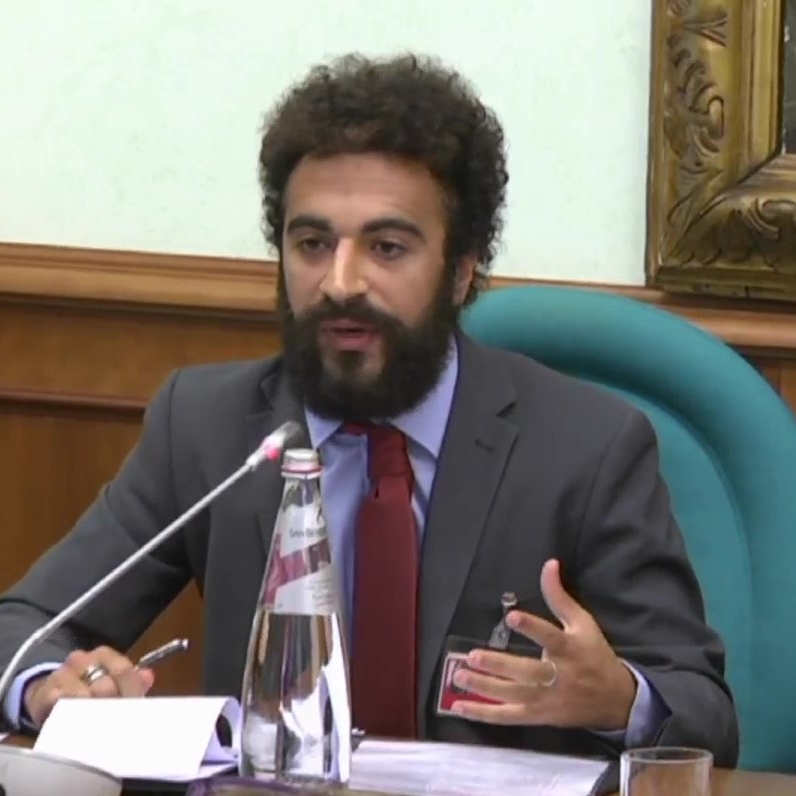Translation and interpreting are two processes that have a common ground but involve different sets of skills.
Translation is often conceived as a mere exchange of words from one language to another. On the contrary, it is important to understand the complexity of such a process, which involves a proficient knowledge of languages, and cultural awareness amongst other skills. However, often people don’t know the difference between a translator and an interpreter.
Translation and interpreting are two closely related linguistic disciplines, which are therefore usually confused by laypeople, who consider them interchangeable concepts. However, this is not the case at all. As a matter of fact, rarely are these activities performed by the same people, as they require different skills, training, language knowledge and aptitudes.
Generally speaking, the main difference lies in the medium, or rather, in how the process is performed. Translators work on written texts, while interpreters work orally. As professionals, they do share certain features, such as an inquisitive nature, a deep love for language and a vast knowledge of at least more than one language, as well as of the subject matter. More specifically, translators’ main skills encompass the ability to comprehend the source text and the culture of the source language. To do this, translators can draw from a set of tools, such as dictionaries and reference materials in order to ensure a good degree of fidelity and accuracy as well as appropriate rendering. More importantly, translators need to be excellent writers, stylistically creative, and proper “artists of the word” in their mother tongue. However, they should not be assumed to be those writers who have time to look up words in dictionaries for hours and hours. This is a mere theoretical construct that no longer exists, as they do have deadlines and have to conform to the needs of the industry.
Quite differently, interpreters are required to translate speeches in both directions on the spot, an activity which requires a completely different set of skills, such as mental agility, self-control, and public speaking. On top of that, excellent comprehension skills of both languages is instrumental to processing and rendering concepts said by the speaker. Not to mention the hardships of interpreting idioms, wordplays and irony into statements that the target audience will understand. There are various modes of interpreting or sub-areas; simultaneous (while the speaker speaks) consecutive (after the speech), liaison (interview mode), chuchotage (whispering), which also require different sub-skills.
Both professions are quite difficult and challenging, but they do have some perks. In fact, translators and interpreters, mostly before specializing, learn new things on a variety of subjects, which makes this job a never-ending discovery. Moreover, switching languages is frequently considered a cognitive boost that may help as protection against dementia and other cognitive diseases. This is good news for bilinguals too, who, by the way, are inaccurately thought to be natural translators and interpreters. Nevertheless, as we said before, there are many other skills that have to be developed to work in these fields, although being bilingual is definitely a good way to start!

Ambitious, hardworking and motivated professional aiming to excel in the field of interpreting and translation (Italian, English and Spanish) and able to provide you with a high-quality proofreading and editing service.
CELTA-certified English teacher offering tailored courses with a focus on both academics and business.
